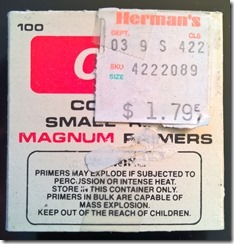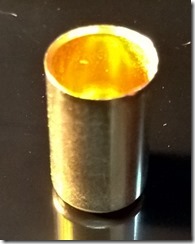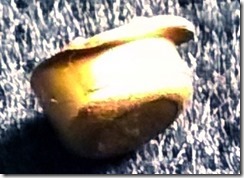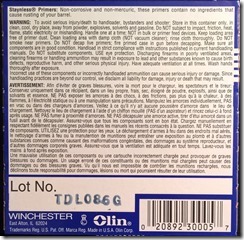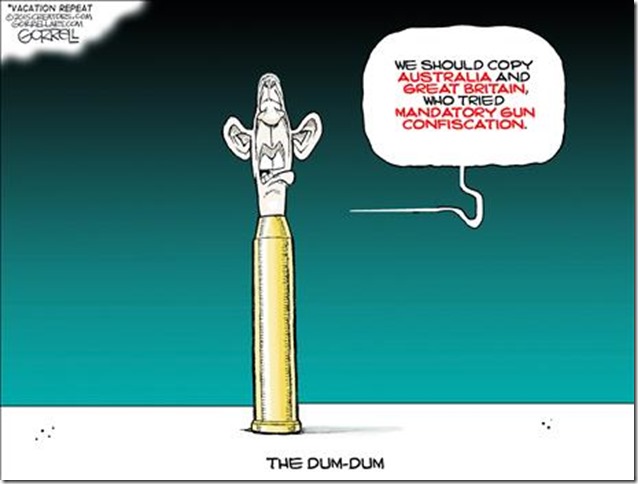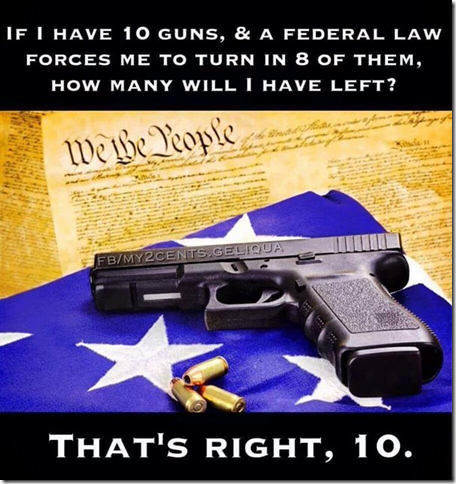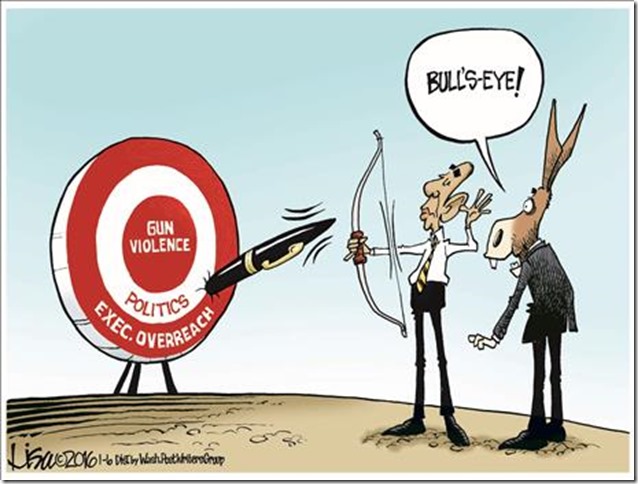The term ‘loophole’ suggests that it was a minor, unintended flaw in the design of the law, something inadvertently overlooked by lawmakers, when it was actually the very intentional result of a carefully worked-out political compromise between those who wanted background checks on all gun acquisitions and those who did not want any at all.
Gary Kleck
January 7, 2016
PolitiFact Sheet: 3 things to know about the ‘gun show loophole’
[This article does a good job of explaining the facts about the “gun show loophole”. I particularly like this part:
Our findings show that there is, in fact, an exemption in the law. But the exemption pertains to who sells the guns rather than where they sell them.
And that distinction is critical. The anti-gun crowd uses deliberate deception (it’s part of their culture) in an attempt to get laws passed which would be far less likely to get support if they were to be truthful.
I also found this to be of interest:
Professors at Northeastern and Harvard universities conducted a gun survey in 2015 that isn’t yet published. The national survey of 4,000 non-institutionalized adults found that 22 percent of the people who purchased guns — at gun shows, stores or elsewhere — underwent no background check, said Matthew Miller, professor of Health Sciences and Epidemiology at Northeastern University and co-director of the Harvard Injury Control Research Center.
When researchers excluded purchases between family and friends, that number dropped to 15 percent, which equates to approximately 5 million gun owners whose most recent purchase did not involve a background check.
I sent an email to Miller that said, in part:
I have some questions about the study referenced.
When will this study will be published?
A “background check” is not a black and white activity. Did your study consider the seller requiring the purchaser possess a concealed carry license a “background check” or not? There are other indirect “background checks” possible as well. For example, some gun organizations require a concealed carry and/or background check for membership. Hence any member of the organization has had a background check at some point in the not too distance past.
It’s unclear, but implied, that the way study was conducted was to ask 4,000 people if their most recent gun purchase was made without a background check. Is this true? If so, that raises an important issue as in the following scenario.
Suppose collectors of antique firearms purchase almost exclusively from private individuals at a rate of five firearms per year. If most people with only one (or very few) firearms purchase almost exclusively from licensed dealers, then it’s not possible to discern the overall number of sales without explicit background checks. In this situation there is a bias which results in an underestimation of the number of sales without explicit background checks.
Other scenarios are also possible that can give a bias in the other direction. Additional information is required to arrive at the true rate of explicit background checks.
But in any case, it would appear there is data which puts the upper limit on private firearm sales to people of unknown eligibility at about 15 percent. This is in contrast to the common, long known to be erroneous, claim of “40 percent”.
Now I wonder when (if?) this study will be released and if the anti-gun people will revise down their claims of the prevalence of firearm sales without background checks. Particularly when Miller receives a lot of money from the Joyce Foundation.—Joe]
Update: I sent the email to Miller four days ago on January 11th. No response yet.
Like this:
Like Loading...

